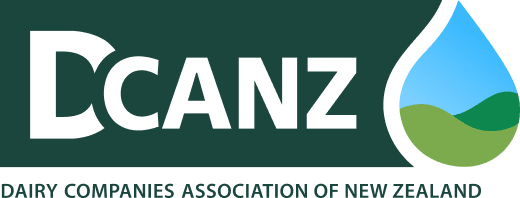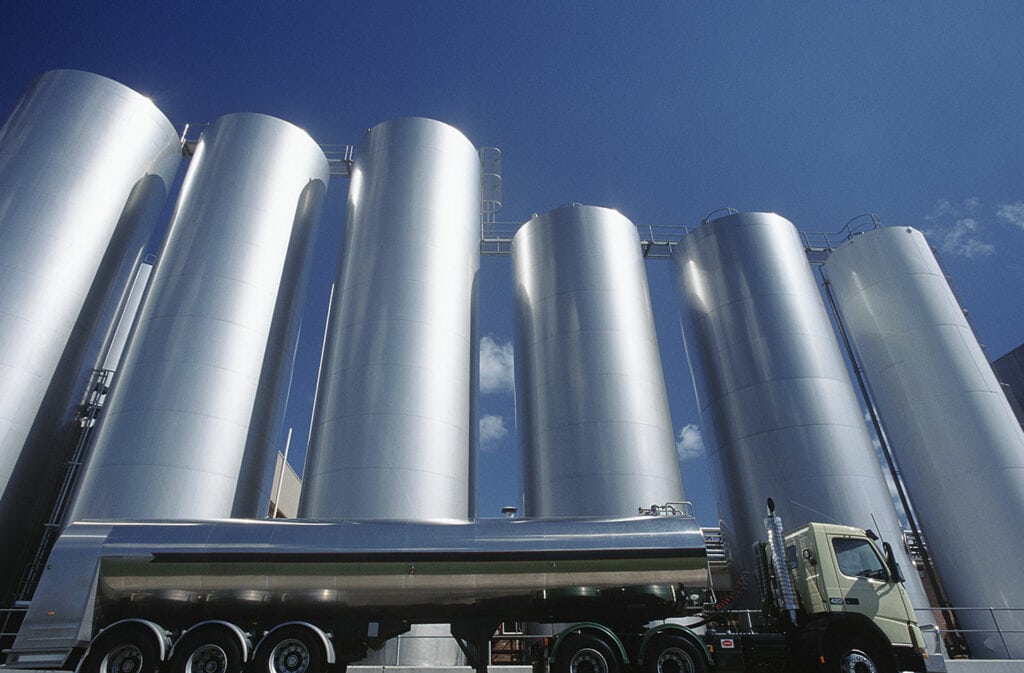Consideration of free trade agreement between New Zealand the EU welcomed
DCANZ welcomes the overnight announcement from the New Zealand Prime Minister John Key that New Zealand and the European Union (EU) are considering opening negotiations to liberalise trade and investment.
A comprehensive trade agreement would strengthen the existing strong relationship between the EU and New Zealand, says DCANZ Executive Director Kimberly Crewther.
“There are strong historic links, and New Zealand and the EU work together in a range of international forums, but trade is also an important element of any two-way beneficial relationship.
“The EU and New Zealand are the world’s two largest dairy exporters – each accounting for around a third of global dairy trade. We also have counter-seasonal production systems, shared interests in ensuring global dairy demand growth is met by the supply of high quality, nutritious dairy products, and our farmers face the common challenge of price volatility.
“Our respective locations on opposite sides of the world generally mean that weather, which controls the fortunes of dairy production, is impacting our farmers in different ways at different times. Opening trade and allowing our production differences to work in complementary ways will add liquidity to the dairy market and benefit producers on both sides of the world through reduced price volatility.”
The opportunities and benefits of closer commercial relationships between the EU and New Zealand companies are already being recognised, she says. Fonterra has a number of dairy processing investments in Europe, and the Dutch dairy co-operative, FrieslandCampina, has invested in Synlait. DCANZ expects that a comprehensive Free Trade Agreement (FTA) would support a further deepening of commercial ties.
The EU has long been one of the most protected dairy markets globally, says Ms Crewther. “Agreeing to consider a Free Trade Agreement is a further positive sign that the EU dairy market is increasingly integrated with global dairy markets. The EU is working towards the abolition of milk production quotas in 2015, and this will see the EU produce and export more dairy products, further deepening the EU’s integration with global dairy markets.”
Today, New Zealand’s dairy product exports to Europe are only a fraction of what they were 40 years ago, when the UK joined the EU, she says. The trade decline since then reflects both trading conditions and more significantly high demand for dairy products from other regions.
“This agreement is significant, but in light of strong dairy demand from developing countries, the value is unlikely to result in Europe once again being a dominant destination for New Zealand dairy exports.”
The discussions with the EU will complement a range of other FTA agreements that New Zealand has already concluded, or which are under discussion. New Zealand’s trade negotiators have a good track record of pursuing high quality and comprehensive agreements, says Ms Crewther.
The discussions with the EU will complement a range of other FTA agreements that New Zealand has already concluded, or which are under discussion. New Zealand’s trade negotiators have a good track record of pursuing high quality and comprehensive agreements, says Ms Crewther.
For further information contact:
Kimberly Crewther, Executive Director
About DCANZ:
The Dairy Companies Association of New Zealand (DCANZ) was formed in July 2003 to co-ordinate and represents the collective public policy interests of its member dairy companies.
Its members comprise, Tatua Co-operative Dairy Company Limited, Westland Milk Products, Fonterra Brands (NZ) Ltd, Goodman Fielder Ltd, Synlait Milk Limited, Open Country Dairies Ltd, Miraka Ltd, Fonterra Co-operative Group Limited, Gardians and Dairy Goat Co-operative.

